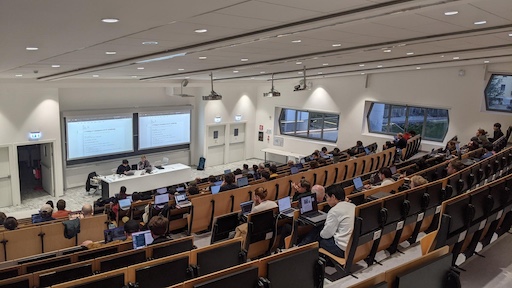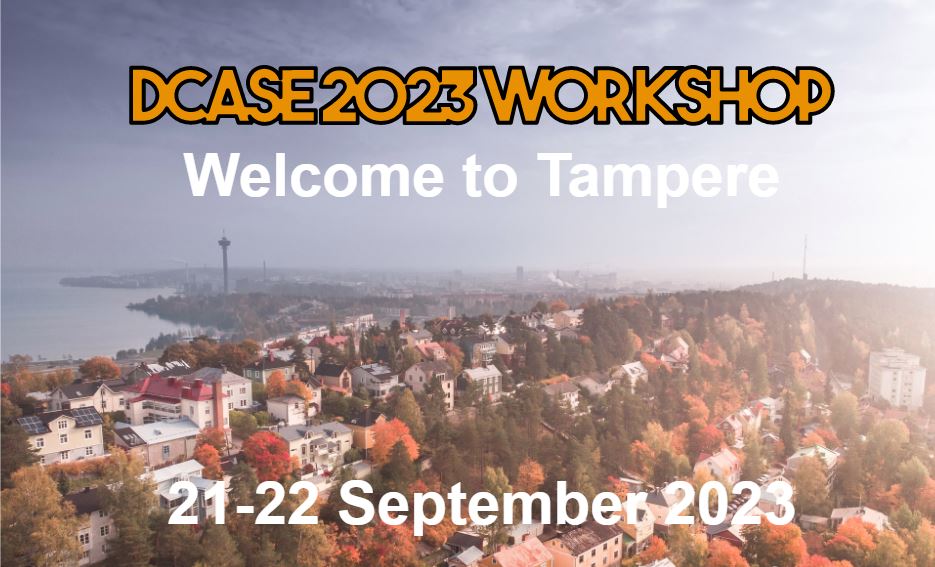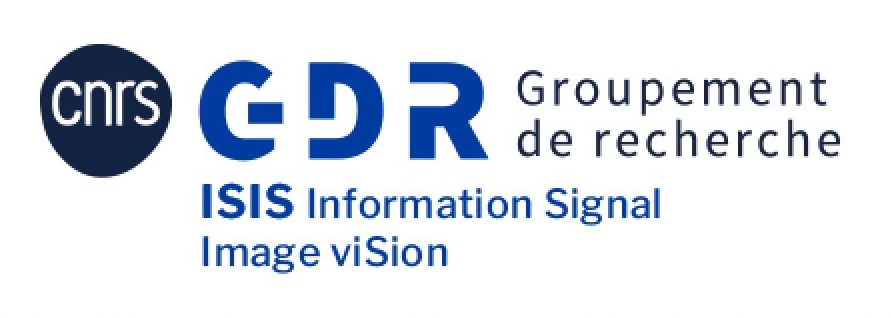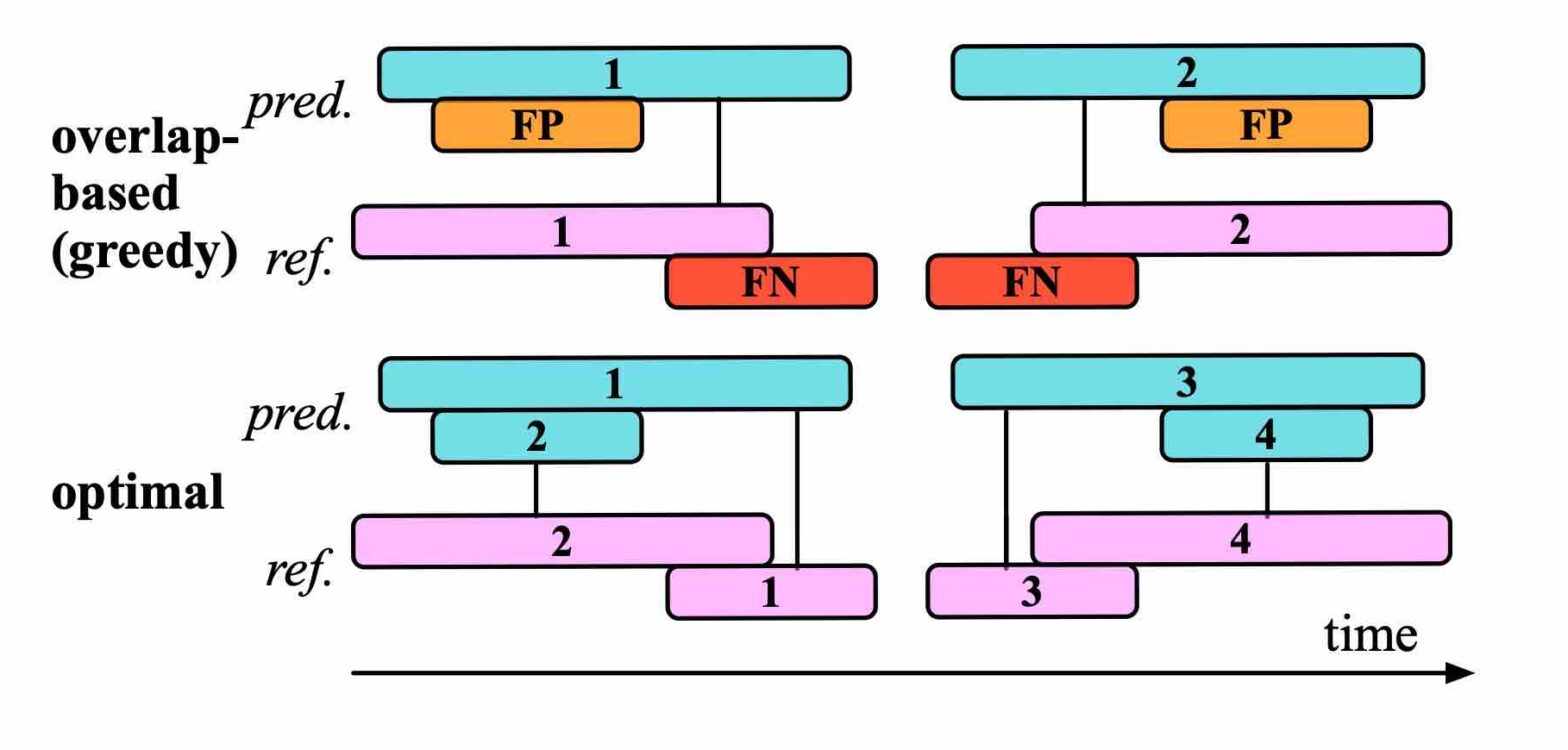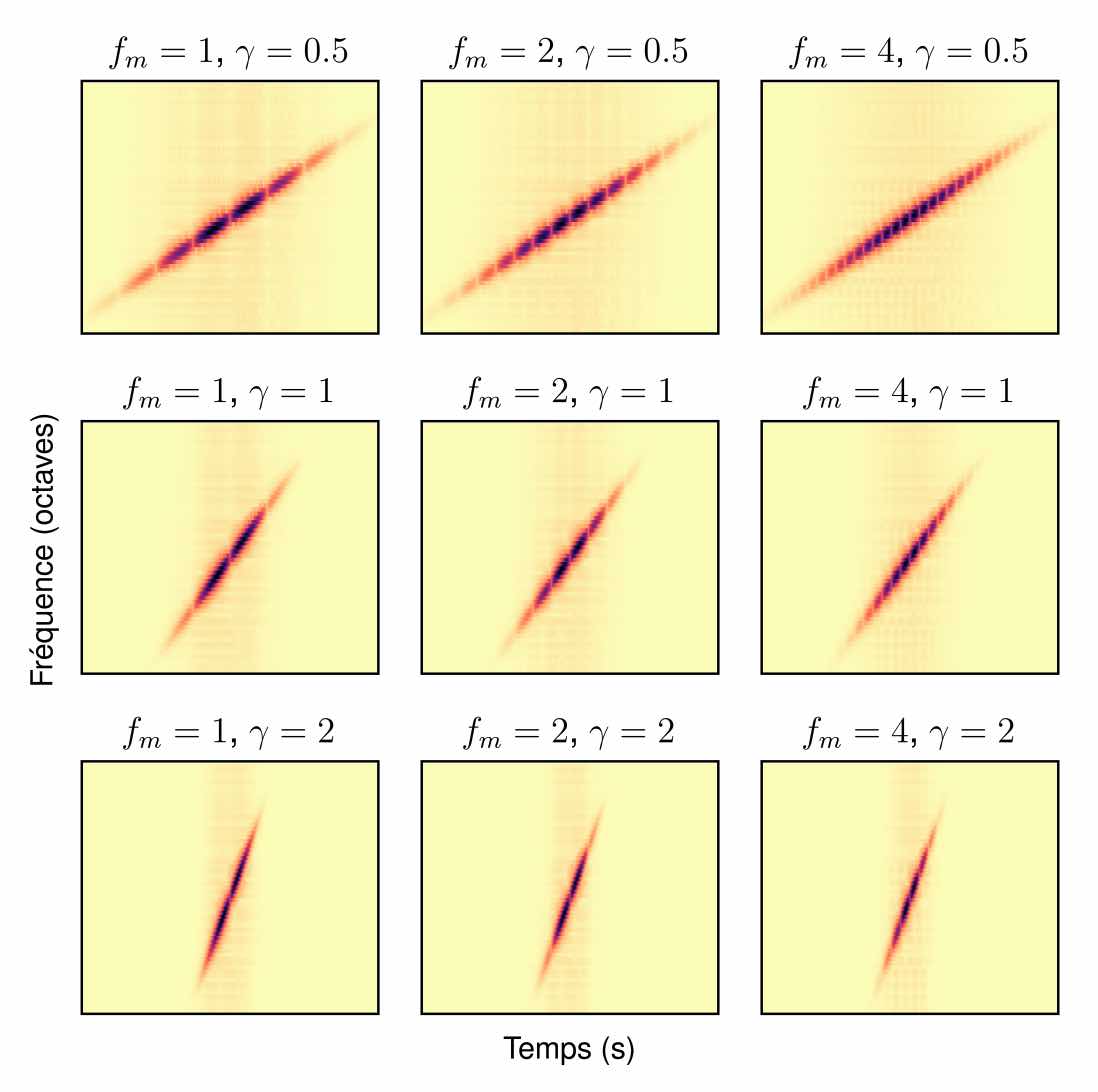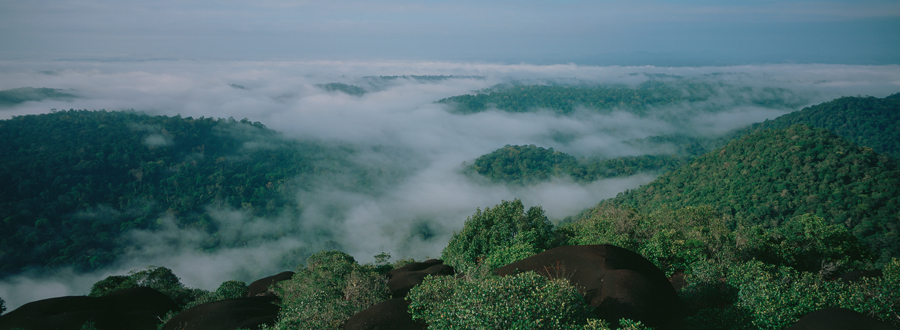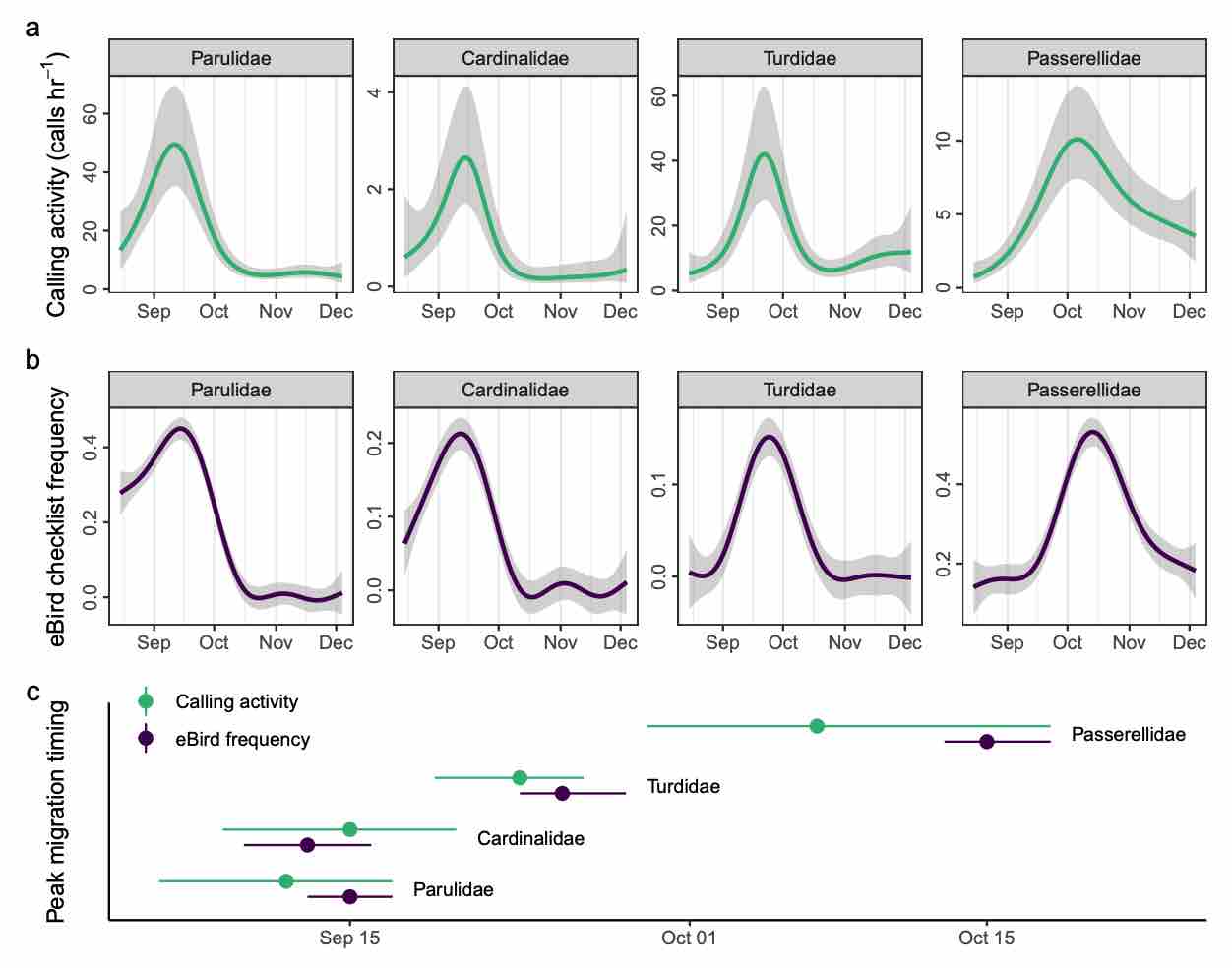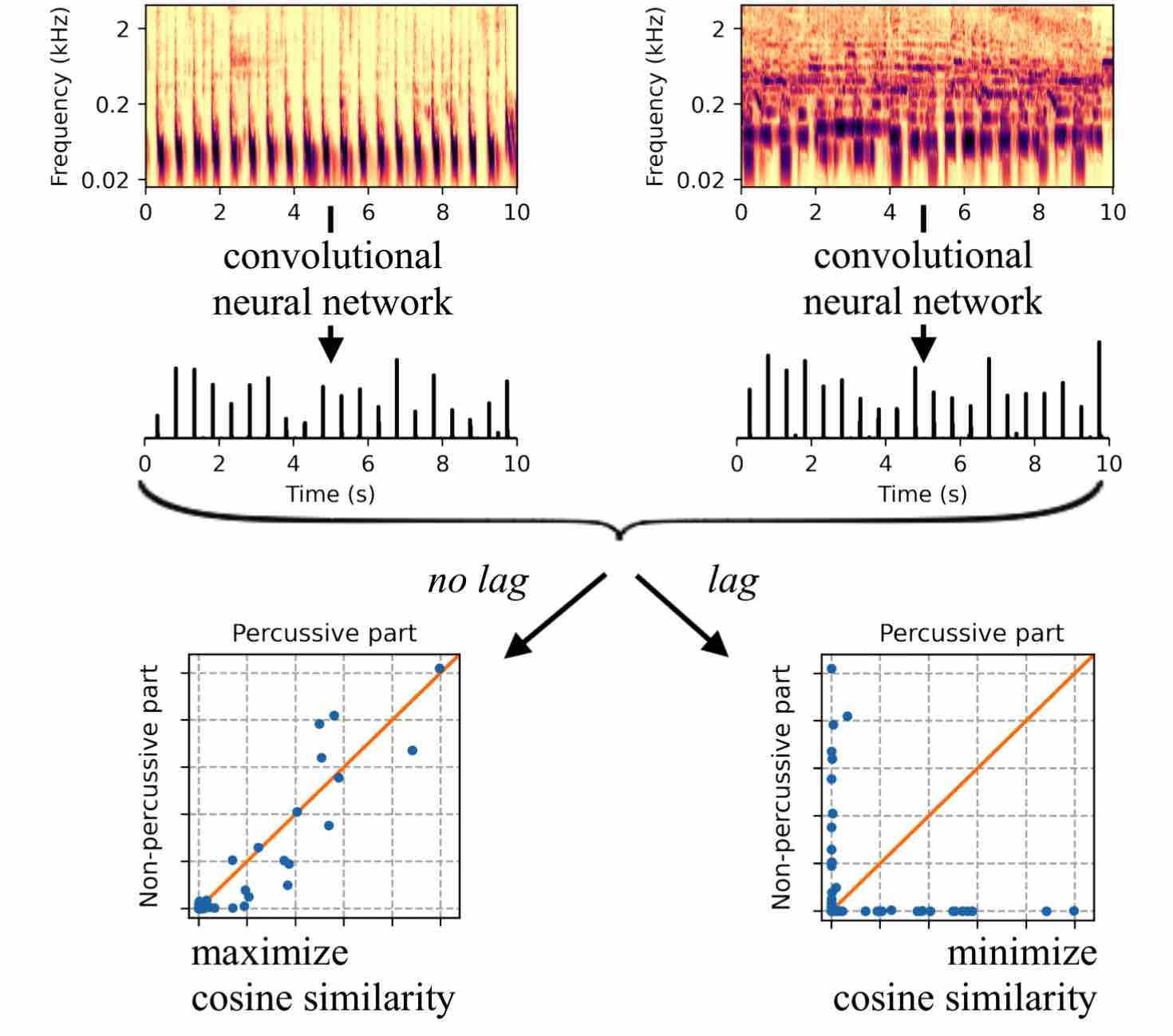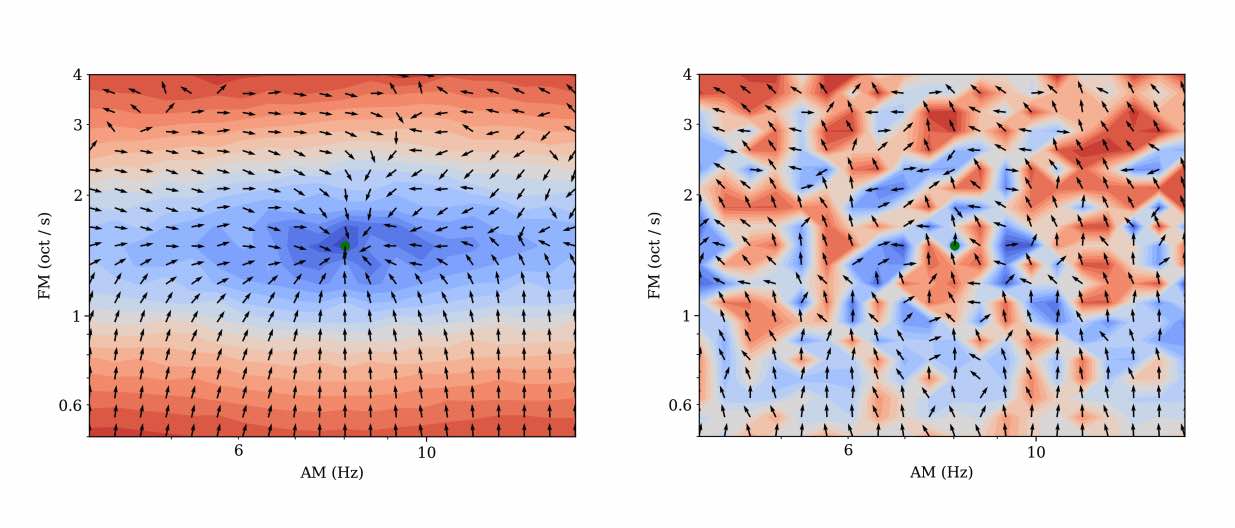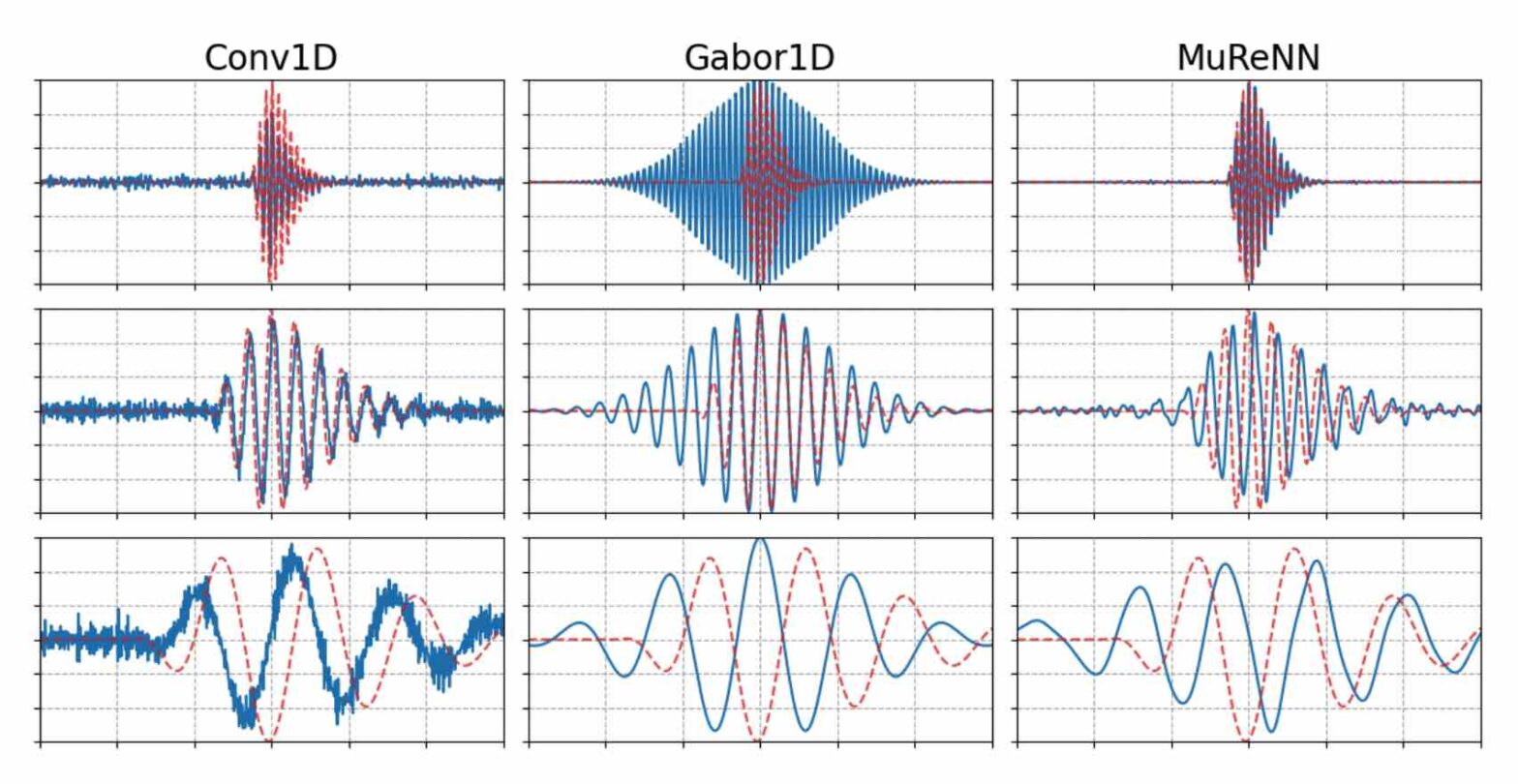On November 5th, 2023, we hosted a tutorial on Kymatio, entitled “Deep Learning meets Wavelet Theory for Music Signal Processing”, as part of the International Society for Music Information Retrieval (ISMIR) conference in Milan, Italy. The Jupyter notebooks below were authored by Chris Mitcheltree and Cyrus Vahidi from Queen Mary University of London. I. Wavelets… Continue reading Kymatio notebooks @ ISMIR 2023
Author: Vincent Lostanlen
Mathieu, Vincent, and Modan present at DCASE
Our group has presented two challenge tasks and two papers at the international workshop on Detection and Classification of Acoustic Scenes and Events (DCASE), held in Tampere (Finland) in September 2023.
16 novembre 2023 : journée GdR ISIS “Traitement du signal pour la musique”
Dans le cadre de l’action « Traitement du signal pour l’audio et l’écoute artificielle » du GdR ISIS, nous organisons, le Jeudi 16 Novembre 2023 à l’IRCAM, une troisième journée dédiée au traitement des signaux de musique, animée par les orateurs suivants : Nous invitons tout participant souhaitant présenter ses travaux relevant de l’audio de contacter… Continue reading 16 novembre 2023 : journée GdR ISIS “Traitement du signal pour la musique”
Efficient Evaluation Algorithms for Sound Event Detection @ DCASE
Our article presents an algorithm for pairwise intersection of intervals by performing binary search within sorted onset and offset times. Computational benchmarks on the BirdVox-full-night dataset confirms that our algorithm is significantly faster than exhaustive search. Moreover, we explain how to use this list of intersecting prediction-reference pairs for the purpose of SED evaluation.
Apprentissage de variété riemannienne pour l’analyse-synthèse de signaux non stationnaires @ GRETSI
“Can Technology Save Biodiversity?” Call for papers
While technological development has been a key driver of climate change and biodiversity loss, humans from high income countries continue their unbridled race for innovation and technological development. Throughout history, technological developments have allowed humans to exploit more and more natural resources. These technological developments have, themselves, consumed more and more natural resources and generated… Continue reading “Can Technology Save Biodiversity?” Call for papers
Automated acoustic monitoring captures timing and intensity of bird migration @ J. Applied Ecology
Monitoring small, mobile organisms is crucial for science and conservation, but is technically challenging. Migratory birds are prime examples, often undertaking nocturnal movements of thousands of kilometres over inaccessible and inhospitable geography. Acoustic technology could facilitate widespread monitoring of nocturnal bird migration with minimal human effort. Acoustics complements existing monitoring methods by providing information about individual behaviour and species identities, something generally not possible with tools such as radar. However, the need for expert humans to review audio and identify vocalizations is a challenge to application and development of acoustic technologies. Here, we describe an automated acoustic monitoring pipeline that combines acoustic sensors with machine listening software (BirdVoxDetect). We monitor 4 months of autumn migration in the northeastern United States with five acoustic sensors, extracting nightly estimates of nocturnal calling activity of 14 migratory species with distinctive flight calls. We examine the ability of acoustics to inform two important facets of bird migration: (1) the quantity of migrating birds aloft and (2) the migration timing of individual species. We validate these data with contemporaneous observations from Doppler radars and a large community of citizen scientists, from which we derive independent measures of migration passage and timing. Together, acoustic and weather data produced accurate estimates of the number of actively migrating birds detected with radar. A model combining acoustic data, weather and seasonal timing explained 75% of variation in radar-derived migration intensity. This model outperformed models that lacked acoustic data. Including acoustics in the model decreased prediction error by 33%. A model with only acoustic information outperformed a model comprising weather and date (57% vs. 48% variation explained, respectively). Acoustics also successfully measured migration phenology: species-specific timing estimated by acoustic sensors explained 71% of variation in timing derived from citizen science observations. Our results demonstrate that cost-effective acoustic sensors can monitor bird migration at species resolution at the landscape scale and should be an integral part of management toolkits. Acoustic monitoring presents distinct advantages over radar and human observation, especially in inaccessible and inhospitable locations, and requires significantly less expense. Managers should consider using acoustic tools for monitoring avian movements and identifying and understanding dangerous situations for birds. These recommendations apply to a variety of conservation and policy applications, including mitigating the impacts of light pollution, siting energy infrastructure (e.g. wind turbines) and reducing collisions with structures and aircraft.
Zero-Note Samba: Self-supervised beat tracking @ IEEE TASLP
Supervised machine learning for music information retrieval requires a large annotated training set, and thus a high cognitive workload. To circumvent this problem, we propose to train deep neural networks to perceive beats in musical recordings despite having little or no access to human annotations. The key idea, which we name “Zero-Note Samba” (ZeroNS), is to train two fully convolutional networks in parallel: the first analyzes the percussive part of a musical piece whilst the second analyzes its non-percussive part. These networks learn a self-supervised pretext task of synchrony prediction (sync-pred), which simulates the ability of musicians to groove together when playing in the same band. Sync-pred encourages the two networks to return similar outputs if the underlying musical parts are synchronized, yet dissimilar outputs if the parts are out of sync. In practice, we obtain the instrumental parts from commercial recordings via an off-the-shelf source separation system: Spleeter. After self-supervised learning with sync-pred, ZeroNS produces a sparse output that resembles a beat detection function. When used in conjunction with a dynamic Bayesian network, ZeroNS surpasses the state of the art in unsupervised beat tracking. Furthermore, fine-tuning ZeroNS to a small set of labeled data (of the order of one to ten songs) matches the performance of a fully supervised network on 96 songs. Lastly, we show that pre-training a supervised model with sync-pred mitigates dataset bias and thus improves cross-dataset generalization, at no extra annotation cost.
Mesostructures: Beyond spectrogram loss in differentiable time-frequency analysis @ JAES
Computer musicians refer to mesostructures as the intermediate levels of articulation between the microstructure of waveshapes and the macrostructure of musical forms. Examples of mesostructures include melody, arpeggios, syncopation, polyphonic grouping, and textural contrast. Despite their central role in musical expression, they have received limited attention in recent applications of deep learning to the analysis and synthesis of musical audio. Currently, autoencoders and neural audio synthesizers are only trained and evaluated at the scale of microstructure: i.e., local amplitude variations up to 100 milliseconds or so. In this paper, we formulate and address the problem of mesostructural audio modeling via a composition of a differentiable arpeggiator and time-frequency scattering. We empirically demonstrate that time-frequency scattering serves as a differentiable model of similarity between synthesis parameters that govern mesostructure. By exposing the sensitivity of short-time spectral distances to time alignment, we motivate the need for a time-invariant and multiscale differentiable time-frequency model of similarity at the level of both local spectra and spectrotemporal modulations.
Fitting Auditory Filterbanks with MuReNN @ IEEE WASPAA
Waveform-based deep learning faces a dilemma between nonparametric and parametric approaches. On one hand, convolutional neural networks (convnets) may approximate any linear time-invariant system; yet, in practice, their frequency responses become more irregular as their receptive fields grow. On the other hand, a parametric model such as LEAF is guaranteed to yield Gabor filters, hence an optimal time-frequency localization; yet, this strong inductive bias comes at the detriment of representational capacity. In this paper, we aim to overcome this dilemma by introducing a neural audio model, named multiresolution neural network (MuReNN). The key idea behind MuReNN is to train separate convolutional operators over the octave subbands of a discrete wavelet transform (DWT). Since the scale of DWT atoms grows exponentially between octaves, the receptive fields of the subsequent learnable convolutions in MuReNN are dilated accordingly. For a given real-world dataset, we fit the magnitude response of MuReNN to that of a wellestablished auditory filterbank: Gammatone for speech, CQT for music, and third-octave for urban sounds, respectively. This is a form of knowledge distillation (KD), in which the filterbank “teacher” is engineered by domain knowledge while the neural network “student” is optimized from data. We compare MuReNN to the state of the art in terms of goodness of fit after KD on a hold-out set and in terms of Heisenberg time-frequency localization. Compared to convnets and Gabor convolutions, we find that MuReNN reaches state-of-the-art performance on all three optimization problems.
